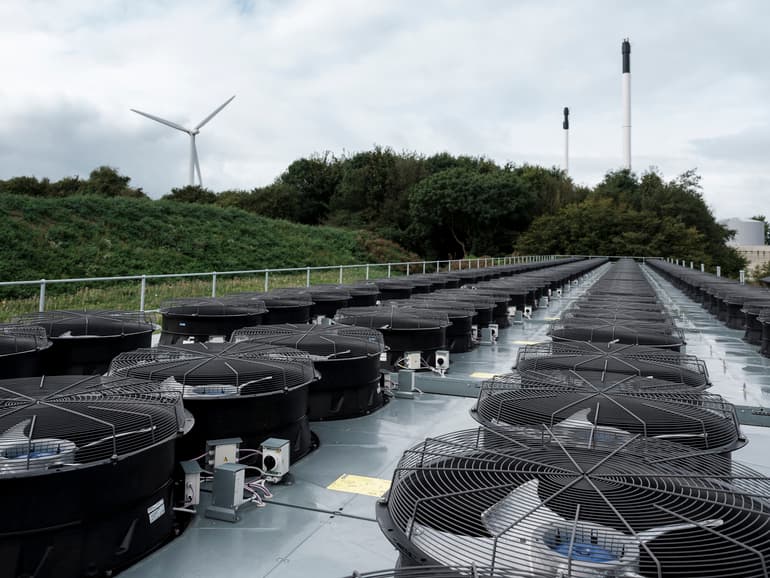
The district heating of the Danes is increasingly produced with electricity. In 2024, the district heating sector reached an electricity consumption of 2.35 TWh, which corresponds to the annual consumption of 600,000 large electric cars. This is reported by Dansk Fjernvarme.
The development is driven by investments in heat pumps and electric boilers, which have pushed coal and oil out of heat production. In 2024, 33 new heat pumps and 17 electric boilers were added, and since 2019, the capacity of electricity-based solutions has more than tripled. This has led to district heating production from May to September 2025 being operated completely without coal. According to Dansk Fjernvarme, electricity consumption will increase further as the electricity system is expanded and electricity prices are low or negative during periods.
- The district heating sector is moving up to a new level in terms of being a large electricity consumer in Denmark. This has only been possible as we also get more and more electricity production from solar and wind, which now contributes to electrifying district heating with renewable energy, says Kim Mortensen, director of Dansk Fjernvarme.
Around 75 percent of electricity consumption is flexible. This means that the companies produce heat when there is plenty of cheap electricity from solar and wind – and use stored hot water when electricity production is low. District heating thus supports the electricity system by smoothing out fluctuations.
- In addition to being part of the electrification of Denmark, district heating also gives value back to both heat consumers and electricity consumers by relieving the electricity system of strong power fluctuations. In this way, electrification of district heating goes hand in hand with the green transition because district heating can adapt electricity consumption to weather-dependent electricity production, so that electricity is not lost, says Kim Mortensen.
Text, graphics, images, sound, and other content on this website are protected under copyright law. DK Medier reserves all rights to the content, including the right to exploit the content for the purpose of text and data mining, cf. Section 11b of the Copyright Act and Article 4 of the DSM Directive.
Customers with IP agreements/major customer agreements may only share Danish Offshore Industry articles internally for the purpose of handling specific cases. Sharing in connection with specific cases refers to journaling, archiving, or similar uses.
Customers with a personal subscription/login may not share Danish Offshore Industry articles with individuals who do not themselves have a personal subscription to Danish Offshore Industry.
Any deviation from the above requires written consent from DK Medier.























